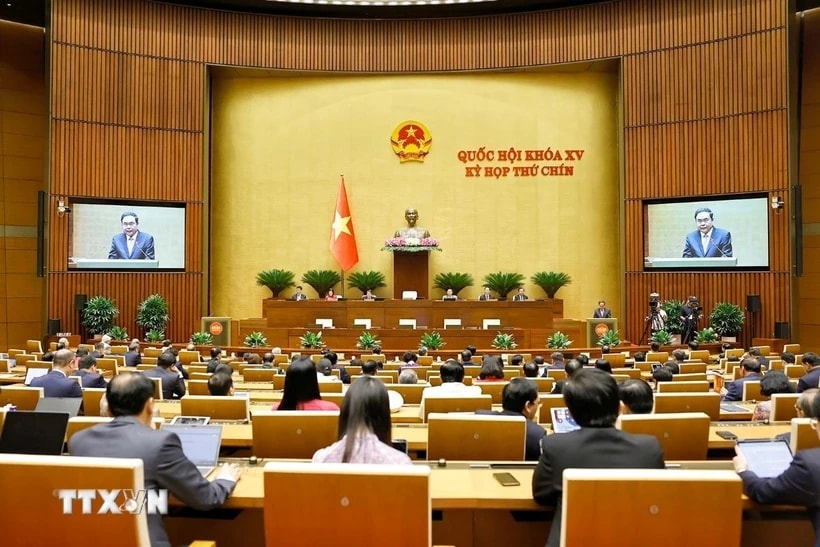
On the morning of June 27, the National Assembly passed the Resolution of the 9th session, which allows the Government to choose the appropriate investment form and investor for the North-South high-speed railway project. If a mechanism beyond its authority is needed, the Government will report to the National Assembly for consideration and decision.
In addition to public investment, two new forms have been added: investment under the public-private partnership (PPP) method - a limited-term cooperation between the State and investors through project contracts - and business investment, in which investors directly invest capital to implement, operate and earn profits.
The government said the project was previously oriented towards public investment. However, after the Politburo issued Resolution 68 on private economic development, many businesses proposed to participate in the form of direct private investment. Meanwhile, there is currently no specific form of investment prescribed for high-speed railways. The expansion of investment forms is assessed to be consistent with the Politburo's orientation and Resolution 198/2025 of the National Assembly on mobilizing non-budgetary resources for strategic infrastructure projects.
Currently, two large corporations have submitted investment proposals for this railway line. On May 6, VinSpeed Company proposed to invest directly, committing to contribute 20% of the capital (about 12.27 billion USD), the remaining amount (about 49 billion USD) is proposed to be lent by the State without interest for 35 years. The enterprise commits to repay the debt on time.
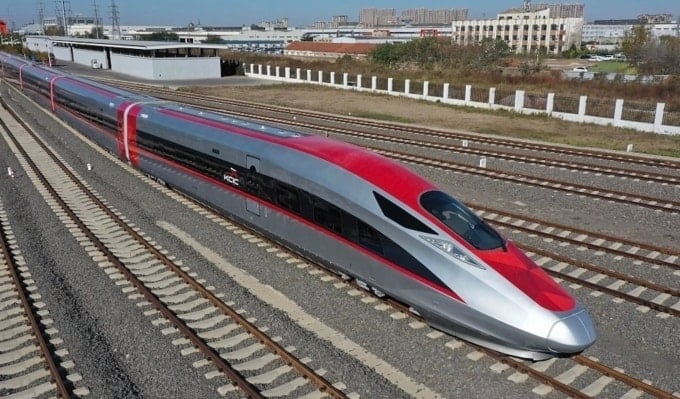
About 3 weeks later, Truong Hai Group (Thaco) also submitted a proposal with a total capital of more than 61 billion USD, not including site clearance costs. Thaco proposed to contribute 20% of the capital, the rest borrowed from domestic and foreign financial institutions, and proposed the Government to guarantee and support all loan interest for 30 years. The enterprise committed to keeping the controlling shares and not transferring them to foreign investors.
Many localities are allowed to maintain special mechanisms after the merger.
The National Assembly agreed to allow Da Nang City, Ho Chi Minh City, Can Tho City and Khanh Hoa City to continue implementing special mechanisms and policies after merging administrative units. However, these policies do not include the contents that have been abolished under the Law on Organization of Local Government. New communes and wards corresponding to Buon Ma Thuot City in Dak Lak Province are also allowed to apply special policies currently applied to this city.
The Government will assess the impact of policies, ensure budget balance; summarize, adjust or propose to legalize specific mechanisms that are clear and tested in practice for uniform application nationwide.
The National Assembly requires a comprehensive assessment of the current state of public assets at agencies and organizations subject to reorganization and a comprehensive and synchronous plan for the management, use, and transfer of headquarters after streamlining the apparatus. Redundant headquarters are prioritized for conversion into public welfare facilities such as schools and medical stations. The resolution also states that it is necessary to study the mechanism for leasing and transferring assets, headquarters, and real estate to avoid waste or misuse.
PV (synthesis)Source: https://baohaiduong.vn/cho-phep-tu-nhan-dau-tu-duong-sat-toc-do-cao-bac-nam-415096.html








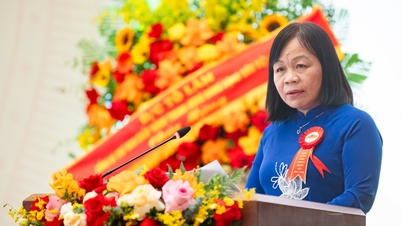

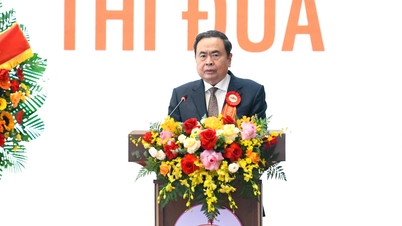


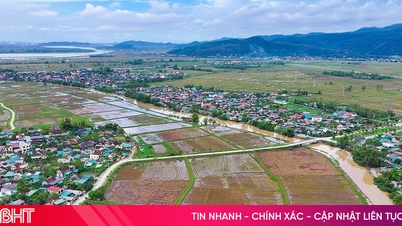

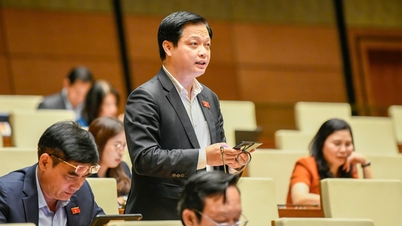

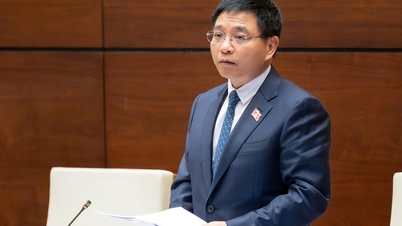




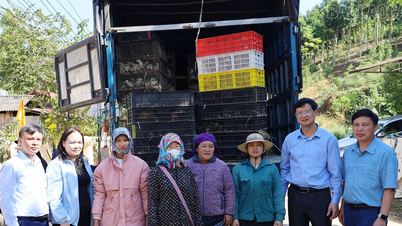
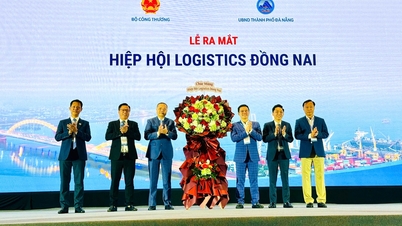

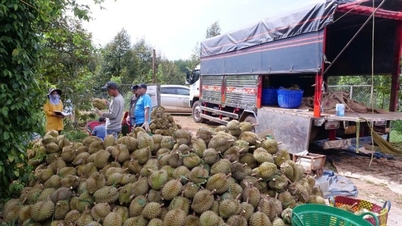

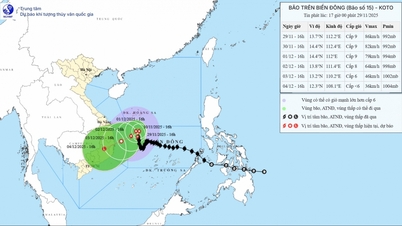





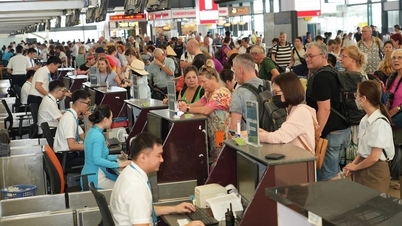

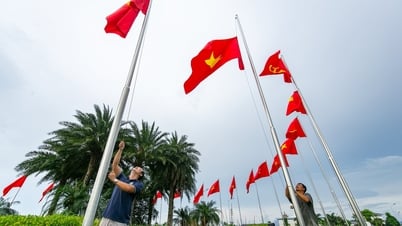

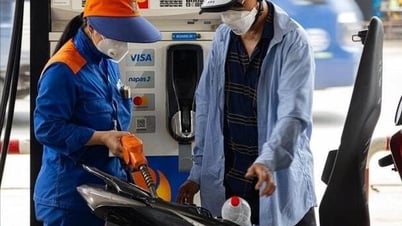
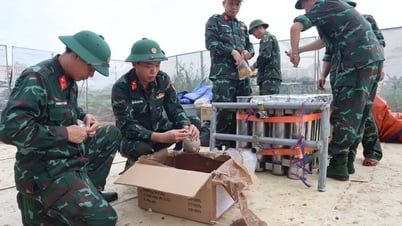






















































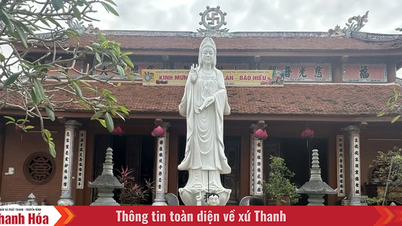

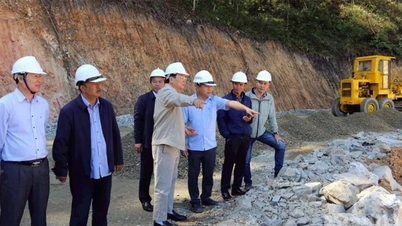
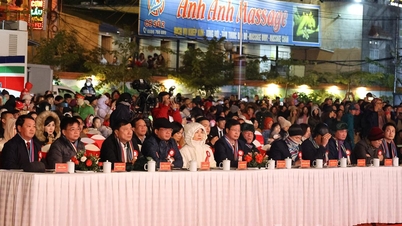


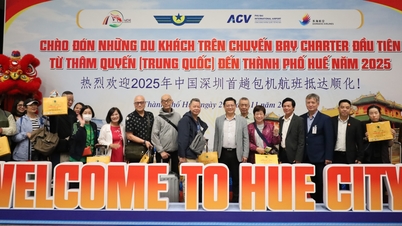















Comment (0)